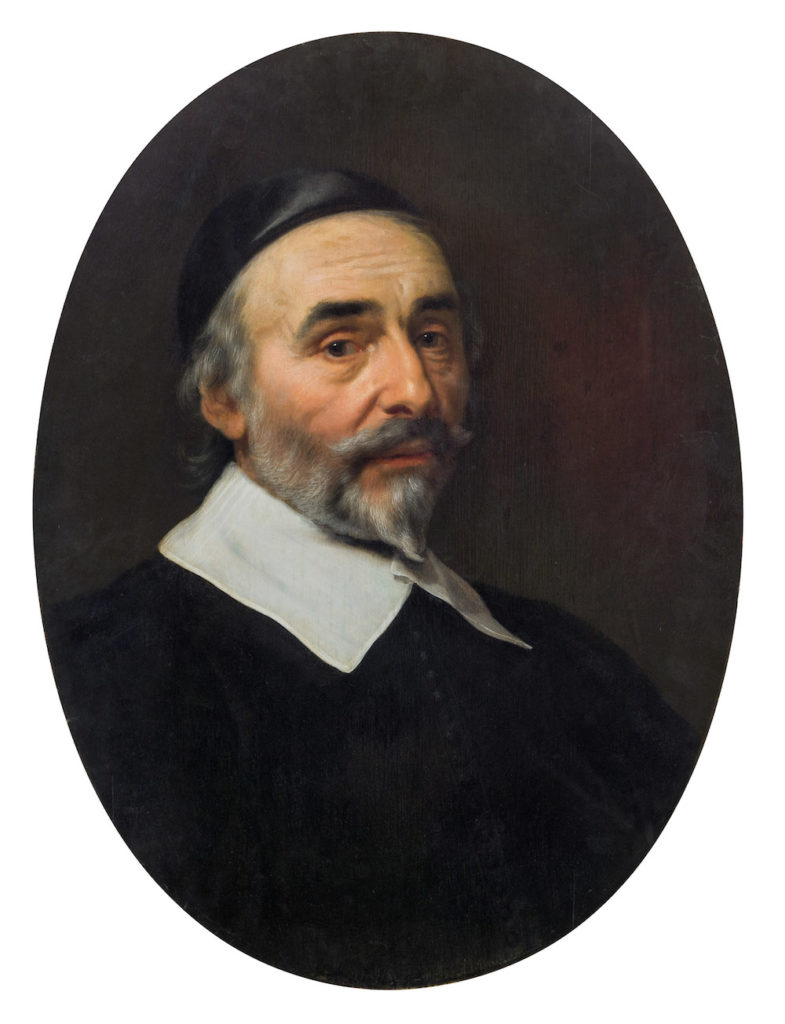Auctions
Nazi-Looted Painting Once Destined for Hitler’s Museum Heads to Auction Despite Protests
The Old Master painting is described as stolen property in the catalogue, but the auction house says the sale remains legal under Austrian law.

The Old Master painting is described as stolen property in the catalogue, but the auction house says the sale remains legal under Austrian law.

Eileen Kinsella

Will Austrian law take precedence over moral outage?
A Vienna auction house is preparing to offer an Old Master work that was indisputably looted by the Nazis during World War II. The sale is technically legal because Austrian law protects “good faith” buyers, according to a report in the Guardian.
The auction house has made no secret of the work’s provenance: the painting is even described as stolen property in the catalogue, the report notes. An executive from the house told the Guardian he hopes the sale will draw attention to the contradictory nature of laws governing stolen art in Europe.
The painting, Bartholomeus van der Helst’s Portrait of a Man, carries an estimate of between $16,000-32,000 (€15,000-30,000) and is scheduled to be sold this Wednesday, April 26, at Im Kinsky’s sale of Old Masters. It was withdrawn from a planned auction there last year at the request of the French government. The current owner bought the painting from a German dealer in 2004.
The portrait was one of hundreds of works taken from the Schloss family in 1943. Adolphe Schloss, a Jewish-German industrialist who resided in France, had amassed a large collection of Flemish and Dutch paintings. The portrait at issue was intended for Hitler’s planned Führermuseum in Linz, Austria. It was stolen again in 1945, the report states, from an Allied collecting point in Munich.
Schloss’s attorney Antoine Comte bristled at a suggestion that the family should buy back the painting or share the proceeds with the seller. He told The Guardian: “We want the painting back, with the admission that it was looted art. We will not accept, as has been suggested, that we buy it back ourselves or share the proceeds of the sale with the owner. Neither do we accept the owner could not have known it was looted. For years it has shown up on every database of stolen assets as well as on the Interpol register.”
artnet News has reached out to Im Kinsky for comment. The auction house executive Ernst Ploil told the Guardian: “Right now what we have is a legal mess, a clash of national laws across Europe leaves private art collectors exposed, and I wanted to demonstrate that.”